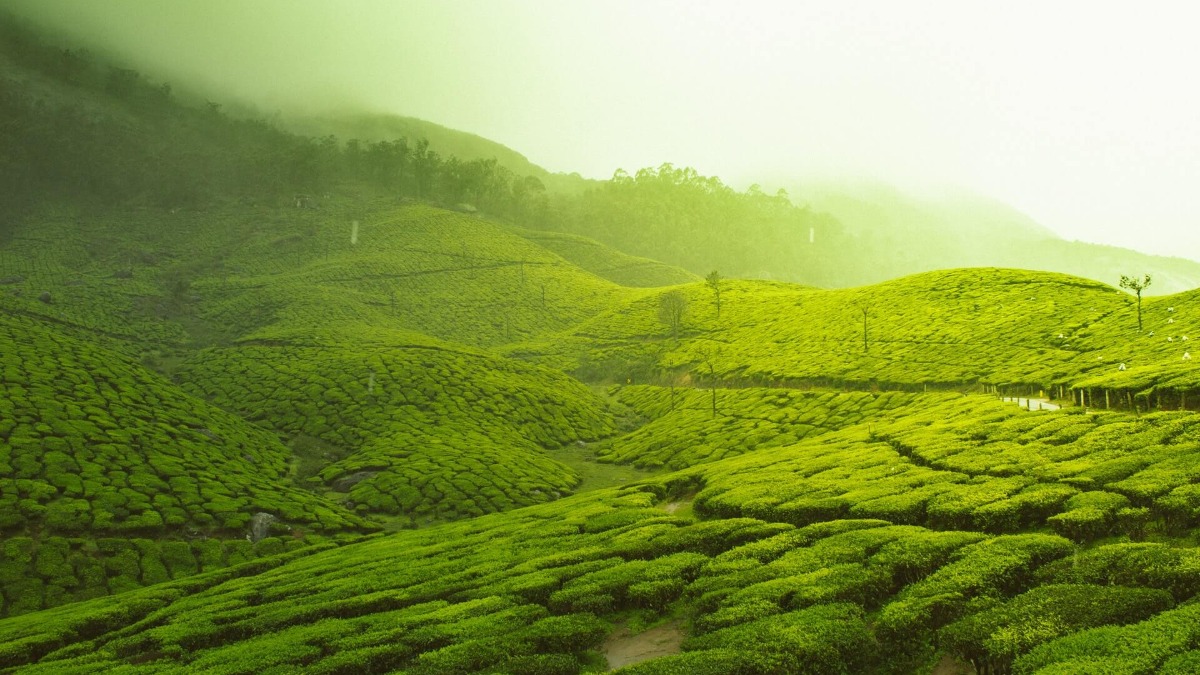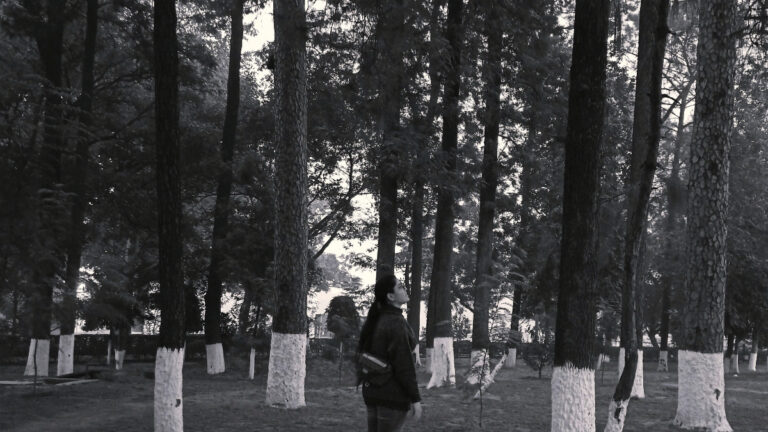By Kinley Choden
We are living in an unprecedented time of global challenges, and it is our responsibility to address the pressing needs and issues of the world. I do not mean we should change the world overnight, but we can always think globally and act locally.
As rightly put forward by Margaret Mead, “Never doubt that a small group of thoughtful committed individuals can change the world. In fact, that’s the only thing that ever has.” And I strongly believe in this because solidarity of shared common goals and principles can achieve far greater things within a short span of time.
Sustainable Development Goal is also one of the core structure and framework of development works around the globe. It is inevitable that innovation and modernization happen and that it must continue to advance human civilization for generations but time, and again we need to evaluate, analyze and re-examine our actions to make this world a better place to live in.
Hence, it is always important to tread on balanced social-economic developments by remembering the sustainable actions required for the environmental damage and mother earth. I say environmental damage because humans rely on environmental resources for sustenance and livelihood and nature is supreme in the hierarchy of all living things including Homo sapiens.
I am fortunate enough that I come from a tiny nation in the Himalayas under the wise and benevolent leadership of my King. As a girl growing up we were always taught gratitude over complaints and to never take things for granted.
Bhutan is surrounded by majestic snow-capped mountains and a fragile ecosystem of pristine forest cover and fresh glacial river. Our constitution requires 60% of the land to be under forest cover for all times to come and this has resulted in environmental awareness among our people. It is a pride and honour to tell that every development works in Bhutan are guided by the philosophy of Gross National Happiness. I do find this wise approach very practical and action-oriented because in Bhutan we emphasize more on the spiritual and social wellbeing of everyone.
The four pillars of Gross National Happiness are sustainable socio-economic development, preservation and promotion of culture, environmental conservation and good governance. I think Bhutan can always be an exemplary nation because of its sustainable development goals that are near to perfect and further set records for more green awards in the future.
Meanwhile, if I had to explain the sustainable development goal to a young student, I would like to illustrate an example of a green job.
UNICEF points out that there are currently 1.8 billion youths in South East Asia alone and this demography falls under the age of 24. Global Employment Trends for Youth on the other hand states that the unemployment of youth in Asia increased from 13.8 to 14.1 in 2020. I stress more on the youths because they are the gem of today and the future of tomorrow, so it is always better to invest in our youths who will grow to become wise leaders and doers.
I would like to urge and awaken all youths to step out of their comfort zone and try and look from a different perspective of the society that they are living in and try not to blend in because that’s too bad for they will never discover themselves. For example, youths can always keep their eyes and ears wide open and grab every great opportunity and take challenges and become a trendsetter. We can always start small and be a beacon of light, hope and sunshine to someone else. It is true that we might not be always successful in our endeavours, but somehow it will change someone’s life or teach us a million lessons.
Youths can always look around their environment and start ethical and mindful startups. Your children do not want to see an earth that is a madhouse of mess and unhygienic disease and dirt. It is the best time today to make a pledge of not letting our children suffer and become trans-generational beneficiary global citizens with history close to their heart and develop further unfathomable solutions for mother earth.
The green startup can be a premier local business targeting a solution and making a great impact in the region. It is the best way to garner and support youths who love giving back to their community and also discourage rural-urban migration or emigration from developing countries to Third World countries in search of jobs.
Hence, such initiatives will not only be the first of their kind in the locality but will earn respect and love from fellow communities and the global world at large. It is evident that it not only solves the first SDG goal that is to have “No Poverty” as this small business will become a sole bread earning entity for some small farmers and also school drop-outs to engage in meaningful activities in the village. Hence, the farmers and entrepreneurs will make some living and reach the second SDG goal to have “Zero Hunger” and increase livelihood thereby promoting the third SDG goal “Good Health and Wellbeing”.
Bhutan is surrounded by forest mountain springs that are used for irrigation and this will help farmers and people to live in harmony with nature. Moreover, an increased economy means parents can send their children to good community schools for further education and dream of a responsible literate global citizen. Hence, achieving the fourth SDG goal “Quality Education.”
It is a fact that a woman who earns her own living is independent of her decision-making in the family and will help her realize her dream and leadership goals. Therefore, this green job can help achieve the fifth SDG goal that is “Gender Equality.”
The sixth SDG goal “Clean Water and Sanitation” can be brought to light for the benefit of all social beings as water that is used for product development in the factory will be 100% chemical-free, and it can help keep our surroundings neat and unpolluted. It can also help town folks to live healthily because of the good input of “Affordable and Clean Energy” hence achieving the seventh goal.
The eighth goal is “Decent Growth and Economic Growth” which interlinks with the first goal of having no poverty. It is business like this that can bring patient and gentle growth rather than blind and profit-driven objectives. It is always better for even urban folks as they would be paying a fair price for the value-oriented business like this which are for a cause and does not even use single-use plastics for their packaging.
There are many detrimental effects of the chemical used to produce plastics and how they continue to affect the environment throughout the manufacturing journey and to the end-use which the majority of it again ends up in an ocean and landfills.
Polymer plastics will take billions of years to degrade and a green job and responsible people already have thought about this chaos and therefore has come with organic packaging and biodegradable ones. Hence, this brings us to the next ninth SDG goal that is “Industry, Innovation and Infrastructure” and green business has also curbed unemployment issues thereby reducing inequality the tenth SDG goal “Reduced Inequality”.
There are always possibilities of achieving “Sustainable Cities and Communities” by creating green jobs and investing in green energy and taking green actions to attain the eleventh SDG goal.
We can always have the twelfth SDG goal “Responsible consumption and production’’ for healthier lifestyles and try and become minimal. We can always donate our old clothes or practice hand down culture by giving our old yet excellent conditioned clothes to our relatives and start living mindfully.
I believe all the above actions and goals together can help achieve net-zero carbon dioxide emission in the atmosphere and mitigate the “Climate Actions” the thirteenth SDG goal.
The Ocean is also inclusive of the life on earth and in fact, the deep sink of the ocean is covered by marine plants which helps to absorb carbon dioxide and other pollutant gases. We should be mindful of our actions on land, for the majority of the dirt ends in the ocean. For example, plastic problems end up in the ocean and affect marine life. Hence, the right policies and actions are necessary to conserve SDG goal fourteenth “Life Below Water.”
The fifteen, sixteenth and seventh SDG goals are Life on Land, Peace and Justice Strong Institution and Partnerships to achieve the Goal.
It is very crucial and significant that each and every individual must examine his or her global actions that can leave greater carbon footprints and hence we must all strive to choose necessary over desire and live environmentally conscious. We must build and lay a strong institution of what may come and let go of past mistakes to achieve the shared vision for we are all together in this, and together we can do wonders!




